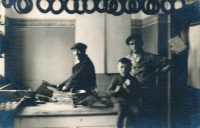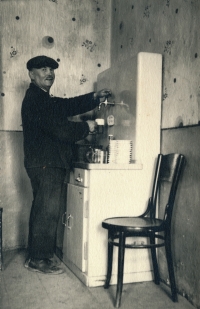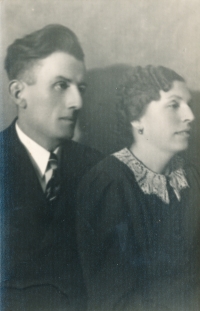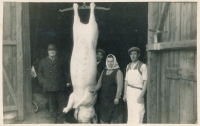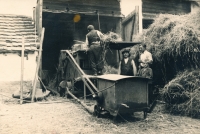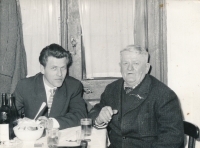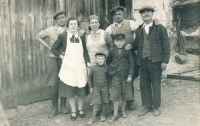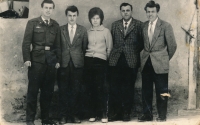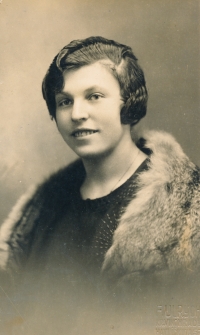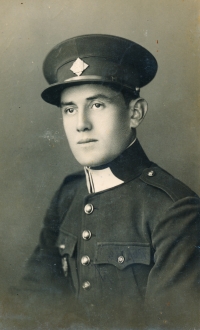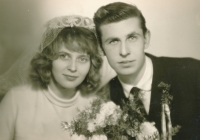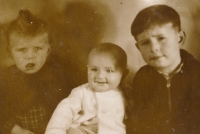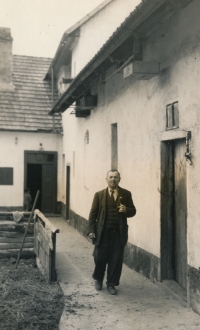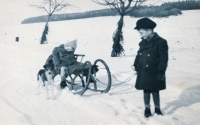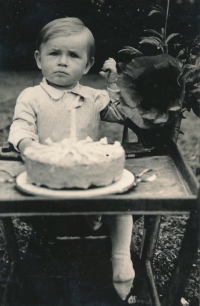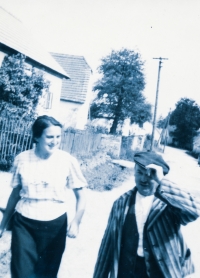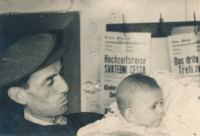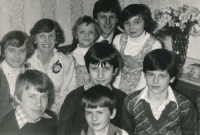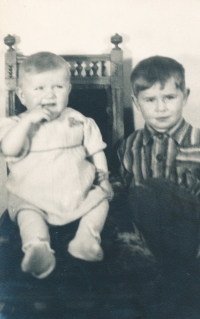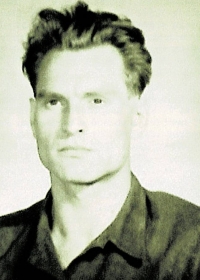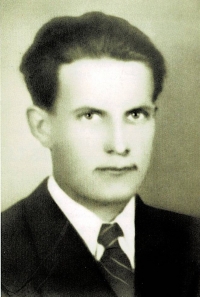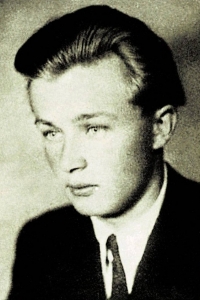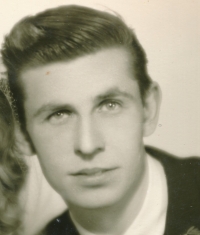We experienced bad communist years I can tell you

Stáhnout obrázek
Václav Kiršner was born on June 14, 1943 in Zvěstov in the Benešov district as the middle one of five children. His parents, Milada and Václav Kiršner, owned a small farm with six hectares of land, operated a pub, butchers and shop. In 1951, Václav Kiršner Sr. was arrested and accused of participation in a terrorist organization in a fabricated trial. The court acknowledged his guilt and in 1952 punished him with an unconditional life imprisonment. In 1953, mother Milada became seriously ill. During her 18-month treatment, Kirshner‘s siblings lived alone with the support of relatives. Václav Kiršner apprenticed as a carpenter. Since 1963 he worked at the Development Base of the uranium industry Příbram. In 1964 he married his wife Milada, née Pohanova, and together they brought up two sons. His father was conditionally released in 1964 with poor health. In 1994 he became a private entrepreneur. Since 2005 he has been receiving a pension, while still devoting himself to his craft. In 2019, Václav Kiršner lived in Havírna near Příbram.
